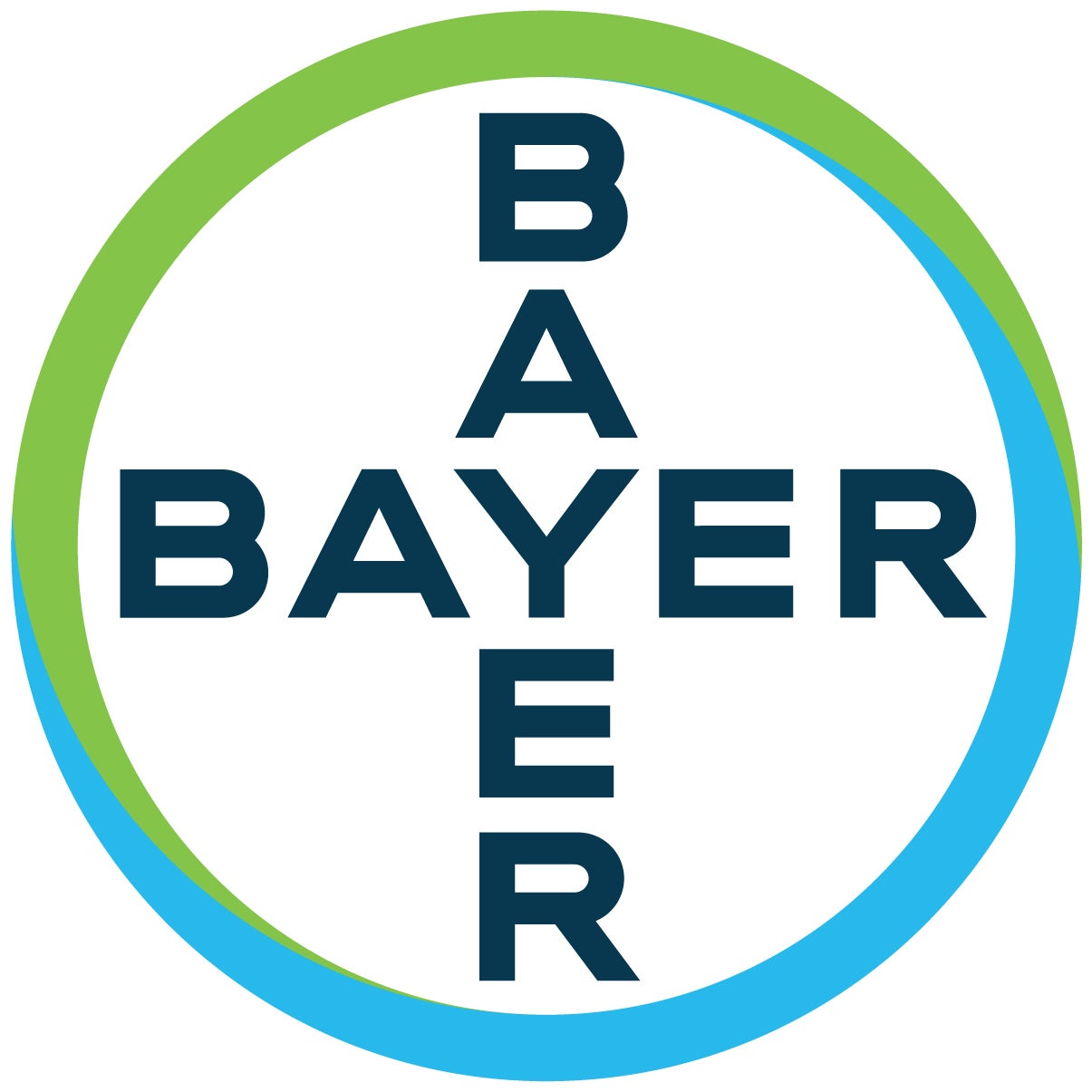
The Department of Health and Social Care’s 2022 plan titled Data Saves Lives envisioned a future where the NHS fits in people’s pockets to support independent and healthier lives. A startling fact from a report from the Health Foundation in 2018 is that one in four adults in England are living with at least two health conditions. Recent projections indicate that this will rise over the next two decades, and lead to increased time spent living with these conditions.
The recently published major conditions framework, an interim report published ahead of the Major Conditions Strategy being released next year, emphasises the need to move from treating single conditions in isolation, towards integrating care for individuals living with multiple conditions such as cancer, mental health issues and heart disease. To meet current and future demand, digital technologies, innovation, research and leadership are essential. The report highlights a significant issue: approximately ten million people lack the digital skills to manage their care.
A data-driven, tech-savvy NHS
I firmly believe that a data-driven, tech-savvy NHS can revolutionise patient care, by freeing up clinical time, enhancing healthcare accessibility, and increasing efficiency.
With around 30 million registered users of the NHS app as of January 2023 the opportunities of providing accessible health information are already on the way to being realised. A shift is needed to support preventing or delaying the progression of conditions like chronic kidney disease (CKD) and high blood pressure. Through harnessing population health data, the challenge of tackling the gap of health inequalities becomes possible. For example, being able to identify those most at risk of heart attacks and strokes, and therefore who would benefit from early detection of risk factors to prevent them.
Bayer’s vision for partnership with the government and NHS
At the heart of Bayer’s vision is “Health for all; Hunger for none”. We are passionately committed to creating opportunities, nurturing innovation and aligning with the NHS vision of making healthcare accessible to all.
Our journey began in 2012 with the Grants4Apps (G4A) programme in Berlin, which evolved into an accelerator for digital health start-ups. Then in 2019 we established LifeHub UK to drive collaborative innovation between the NHS, academia, and industry. In 2022 we expanded the programmes in the UK, partnering with the Office for Life Sciences and NHS England-commissioned Health Innovation Networks. Our focus is on identifying and nurturing digital health start-ups in areas like cancer, long-term conditions such as diabetic kidney disease, and women’s health. We aim to facilitate adoption within the NHS through mentoring, providing grants, and nurturing the growth of the digital health ecosystem.
Improving women’s mental health during menopause
Our collaboration with the mental health and menopause platform Lumino via our G4A programme exemplifies how digital innovation can make evidence-based treatments recommended by the National Institute for Health and Care Excellence (Nice) accessible to more people. Nice reports that most women experience some menopausal symptoms for around four years with up to 10 per cent of women affected for around 12 years. Lumino is developing a digital solution which offers access to cognitive behavioural therapy, improving quality of life at a low cost, at scale, and with minimal waiting times.
Empowering people to manage diabetic kidney disease
With up to 40 per cent of people with type 2 diabetes eventually developing kidney failure, a disease awareness digital application is under development by a third party, in cooperation with Bayer.
This app will enhance patients’ understanding of their CKD risk, the importance of regular tests, and allows them to monitor their condition. The goal is to slow disease progression.
Helping radiologists to optimise diagnosis and save lives
Drawing on over a century of expertise in radiology, Bayer focuses on realising the value of artificial intelligence (AI) to aid the NHS workforce crisis; there is forecast to be a 40 per cent shortfall in consultant radiologists by 2027, according to the Royal College of Radiologists. Our investment in platform technology offers integrated AI tools to support radiologists in deciding which urgent scans to look at first, find diseases such as cancer or stroke, make measurements and check how well the AI is working. Platform technology has the potential to accelerate adoption, ensure scalability, and support the safe use of AI in diagnostic imaging.
Opportunity
The opportunities digital health offers must be balanced with acknowledgment of the barriers to adoption and use. We want to support appropriate solutions to address the digital divide, to ensure quality health apps are accessible and relevant to all.
Surveys show that people want to manage their own health and they are more likely to engage with digital options “prescribed” by their healthcare professional. Therefore, training is important to ensure that healthcare professionals are confident in understanding which apps are approved by the nationally agreed Digital Technology Assessment Criteria (DTAC) developed by NHS England.
Innovators can find the NHS complex to navigate, and regional health innovation networks play a key role in support. Integrated care boards can also provide support by prioritising the digital capability of front-line teams to transform healthcare.
Final call to action
As the NHS celebrates 75 years of service, there are challenges in workforce, funding, and the increasing number of people living longer with multiple conditions. This requires collective action at pace, to find solutions.
Embracing digital innovation is crucial and, I firmly believe, can make healthcare accessible to all.
This article has been developed and fully funded by Bayer Plc for a UK audience.
RP-OTH-GB-1450 / Sept 2023
This piece first appeared in a Spotlight Healthcare print report on 13 October 2023. Read it here.



